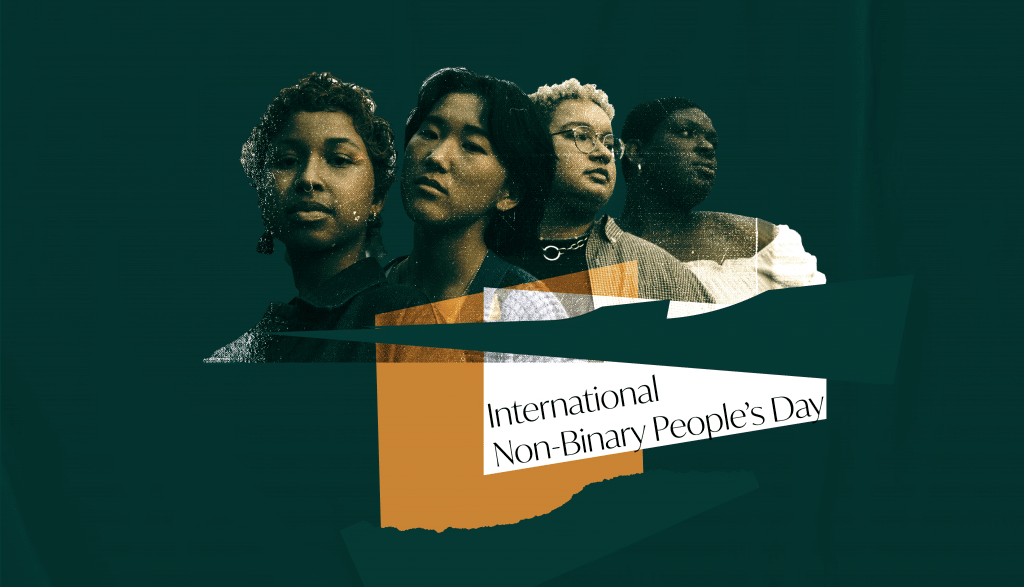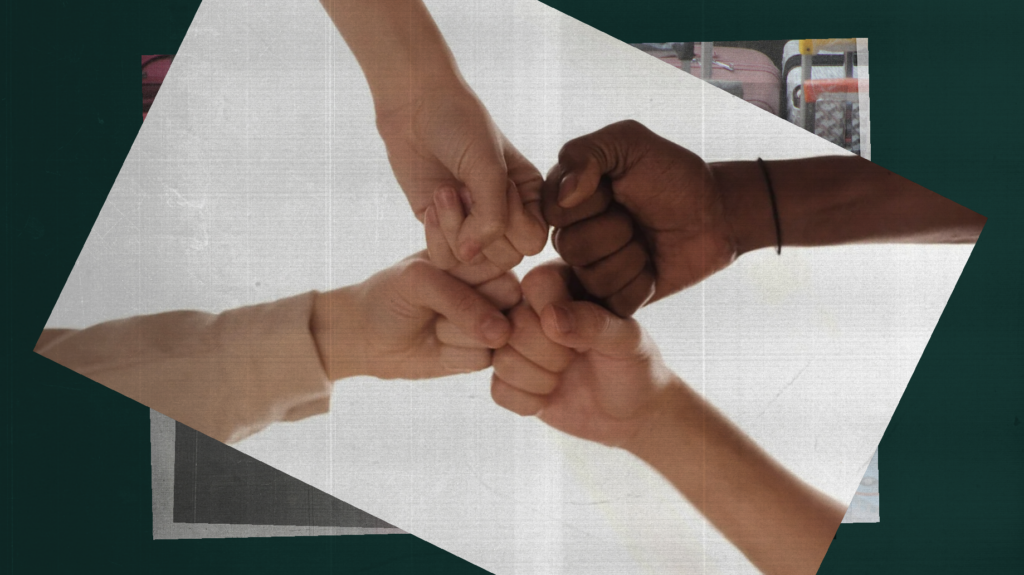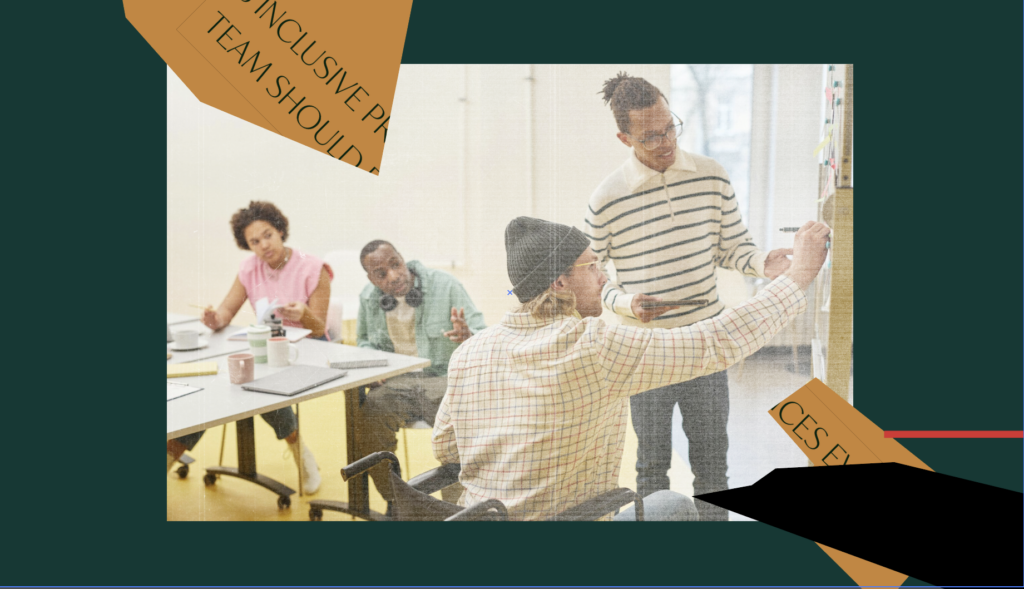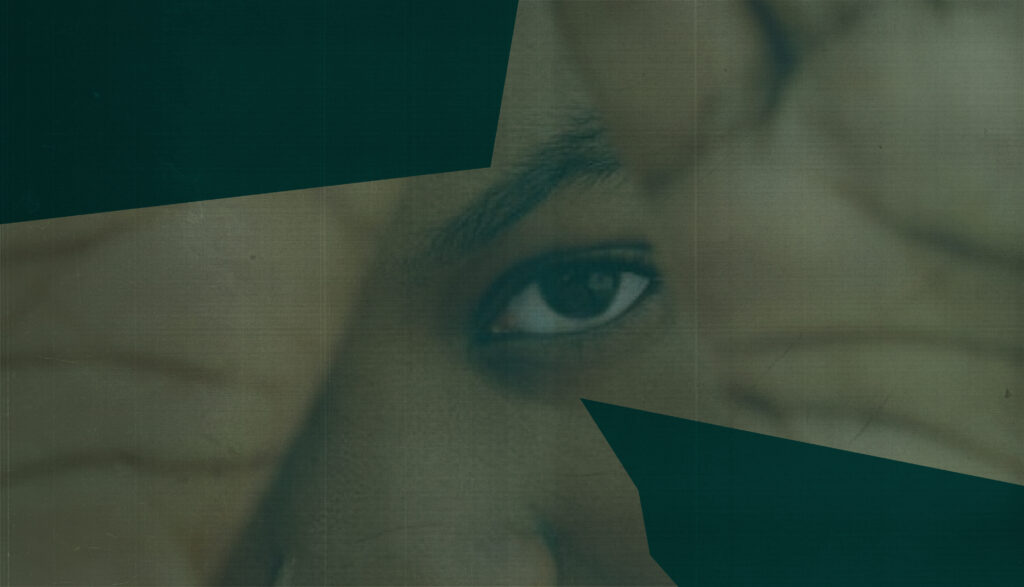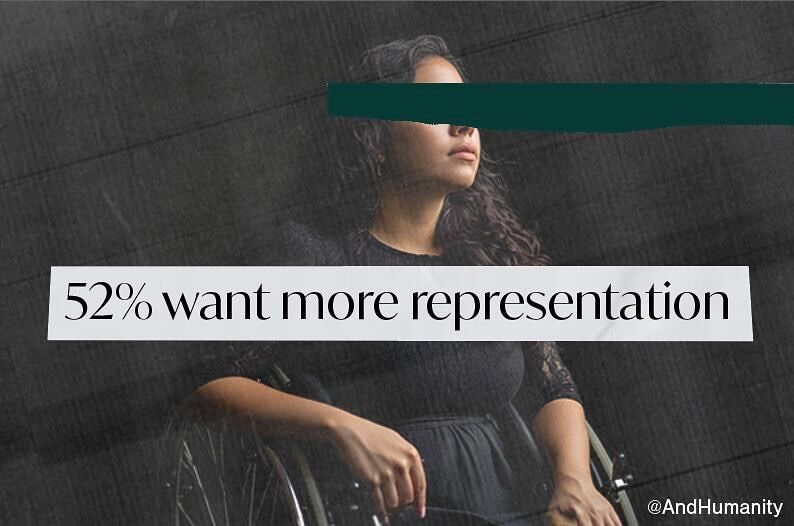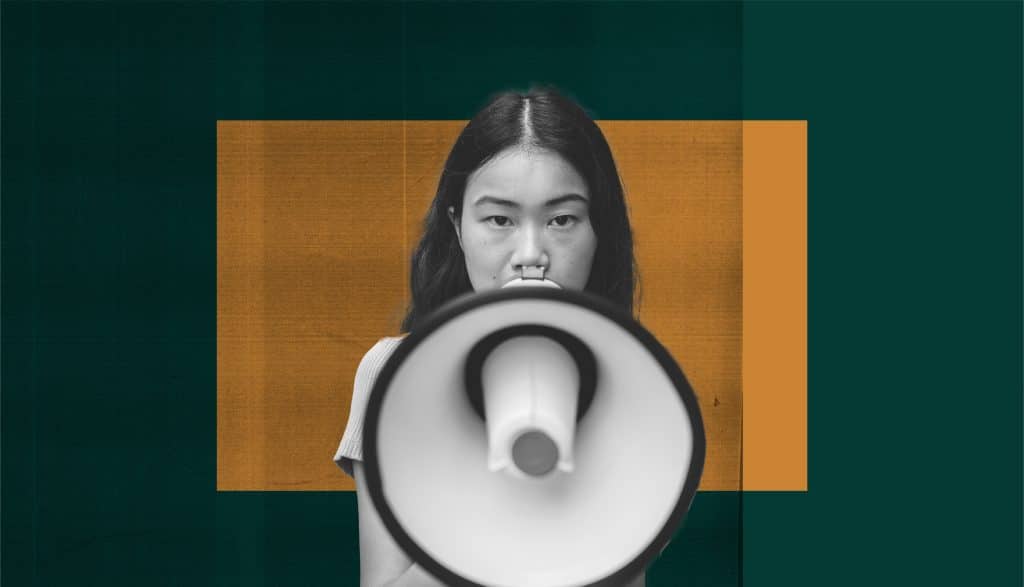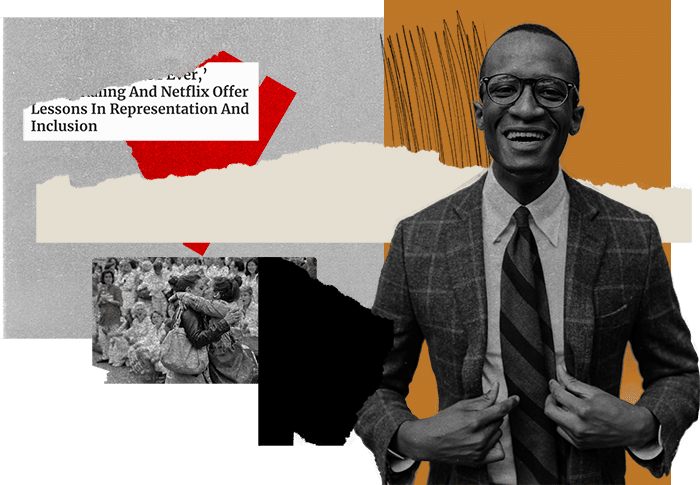Written by Sydney McNeill (they/them), a queer, multiply neurodivergent white (Scottish/Norwegian ancestry) settler who’se grateful to enjoy life on Treaty 6 Territory in Amiskwaciwâskahikan (Edmonton). Sydney is a parent, a student, a creative, and an enthusiastic admirer of bees.
Content warning: transphobic comments and invalidation of non-binary identities.
Often, I review forms or surveys where we ask questions around self-identification. This is a standard practice that we use when seeking feedback of any kind from both clients and the public. One of the questions we ask is, How would you describe your gender identity today? The response option is a self-describe open text field.
I love the opportunity to phrase project and market research questions this way because I know how meaningful it would be to me if I saw options like this more. I’m all too familiar with that sinking feeling when I’m asked about my gender and only provided binary “male”/”female” options or offered the marginally more inclusive “other” selection. (Forcing people to identify as “other” is pretty effective symbolism for how we quite literally other those with less privilege.)
Anyway, in reviewing these responses, I often admire the depth, vulnerability, and intention with which people describe themselves. Gender non-conforming and cisgender respondents alike use this space to reflect on what gender means to them and the words that feel most accurate and authentic to them. What a beautiful thing to be given space to describe who you are and what it means to you outside of a “select one” list of categories.
What I don’t love, however, are the handful of responses that use this open answer space to take a cisnormative and cissexist stance on gender. I’m talking about responses like:
“There are only two genders. Find god.”
“I’m not mentally ill.”
“I was born male, I’m a man. You don’t get to pick your gender.”
One skill I’ve built working in justice, equity, diversity and inclusion – and existing in the world as a queer-in-every-way, neurodivergent, disabled person – is approaching divisive perspectives from a place of curiosity, education, and humour. I know who I am, I know the validity of my intersectional identities, and I know I – and every single other equity-deserving person on this planet – deserve the same respect, acceptance, and dignity that those with more privilege enjoy. I know the importance of finding joy, laughter, connection, and optimism in the face of hate and hardship. I know I’m more than someone’s bad opinion. I know those bad opinions stem from fear and insecurity and hurt. I know compassion helps mend fear and insecurity and hurt. I don’t accept or condone discrimination, and I believe in the power of holding people optimistically accountable and in people’s capacity for change. So, where I have the energy and I feel safe to, I often invite people to reflect on what’s making them resistant to anothers’ existence or lived experience and to nurture that part of themselves.
Today, let’s pretend these anonymous form responses are people, sitting in front of me, a non-binary person. What would I like to say to them?
“There are only two genders. Find god.”
There’s actually a lot of evidence that there are more than two genders. What I won’t do is put a long list of natural species having more than two genders in front of you. Nor an inventory of the many cultures predating Eurocentrism, many of which are still thriving today, that accept and respect the existence of more than two genders. And, while I’m personally agnostic, I also won’t share the diverse religious spaces and conversations I’ve been welcomed into and respected as my authentic self within. What I will tell you is that I exist, that I don’t exist in the male/female binary, and by that fact alone, there are more than two genders. There are more than two genders, because there are people whose identities fall outside of two genders.
What I know both personally and through my work is that denial is a presentation of fear. What are you feeling apprehensive about or resistant to? And why? What part of gender beyond cisgender men and cisgender women makes you uneasy? Were you raised to believe that a core part of who you are lies in the traits and experiences associated with your gender? Do you find comfort in gender roles because you understand what you’re supposed to do and how you’re supposed to be? Do you associate gender (the extent to which one identifies as a man, woman, both, or neither) with sexuality (your sexual feelings, thoughts, attractions, or behaviors toward others)? Does the existence of expansive genders ever make you feel insecure about or ashamed of your sexuality? Is your worth or purpose at all attached to how well you express yourself within the constraints of “man” and “woman”? Do you see one gender (or the traits associated with it) as bad or lesser than? Many of us have been raised with and defined by gender constructs that shape how we understand ourselves, our purpose, and our worth. It makes sense that you’re uncomfortable. How could you be less so?
“I’m not mentally ill.”
I mean, I am, but it has nothing to do with my gender identity. Let’s start there. Can you share with me what’s wrong with mental illness? An estimated quarter of us (I suspect more, given the social stigma around mental illness) will experience it in our lifetimes. Have you been taught that this very human experience is something to be ashamed of? Have you suppressed it or ignored your own mental health? If so, have you thought about showing yourself more compassion? Might you then have more capacity to extend that compassion to others? There’s nothing wrong with experiencing mental illness.
Gender non-conformity and mental illness do have a proven link. Have you considered the research around mental illness and gender nonconformity at all? Did you know that being gender non-conforming is associated with higher risk of depression and suicide? Did you know that this has absolutely nothing to do with how a person identifies? Did you know that this is directly related to experiencing transphobia and discrimination? Did you know that gender non-conforming people face extreme barriers in our society that can make thriving and even existing very hard? Did you know that comments like this can contribute to someone’s mental illness? Did you know that, by working to address transphobia – within yourself and the world at large – you can also directly contribute to better mental health outcomes for gender nonconforming people? Might it feel better for you to help someone rather than hurt them?
“I was born a man, I’m a man. You don’t get to pick your gender.”
I’m so genuinely happy for you. There’s absolutely nothing wrong with being cisgender. Many people identify with their sex assigned at birth, and that’s wonderful. How nice is it to know and feel comfortable in who you are? To have a label and an aspect of your identity that you feel secure and authentic in? Proud of? To show up as you? Don’t you think other individuals are just as worthy of that same comfort and security and authenticity and pride?
If I told you that you weren’t a man, would that be true? How effective, then, do you think it is for you or anyone else to tell others how they’re allowed to realize or define their gender? Oh, the beauty that individuals are free to define and claim our own gender. That we’re not forever forced to define ourselves by and act in ways that society deems appropriate to one or two body parts that differentiate us at birth. That we’re increasingly free to be fluid in our gender – to shift and change. We come into ourselves and grow in many ways throughout our lives. Why not this one?
–
International Non-Binary People’s Day is about raising awareness around non-binary identities and organizing to address the barriers society imposes on non-binary people. While there’s likely little to no chance I’ll change someone who’s actually set against my existence’s mind, I don’t think this is a futile exercise. There are little voices that say some version of these things within many of us. Even I, as a non-binary person, am continuously challenging my own shame. How could we live in the society we live in and not carry some internalized cissexism and cisnormativity? This Non-Binary People’s Day, I’m asking three things of you:
- Show the uncomfortable part of yourself and others compassion. Society has spent a long time telling us what gender is, what it means, and how it defines our worth. What parts of gender diversity make you uncomfortable? What parts of the gender binary are hard for you to think or act outside of? Why? Offer those parts of yourself empathy rather than telling them to be quiet or locking them away.
- Challenge and dismantle these misconceptions through reflection and curiosity. Showing compassion to the parts of ourselves that uphold oppression doesn’t mean permitting unacceptable beliefs and behaviours. With compassion comes actionable awareness. When we’re honest and gentle with ourselves, we increase our self awareness and we have more capacity for change.
- Support non-binary joy! Whatever that looks like. Support a cause, join a protest, educate yourself, sign a petition, tell a gender non-conforming friend or family member you love them, advocate. For me, a large portion of my acknowledgement will be existing in ways that feel authentic and make me happy. Kissing my children, holding my partner tight, getting into nature, laughing, eating a good meal, doing the never ending work of showing myself the same compassion I’ve invited you to show yourself.
